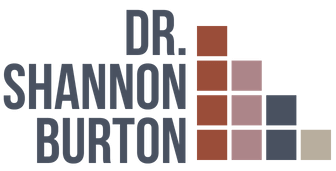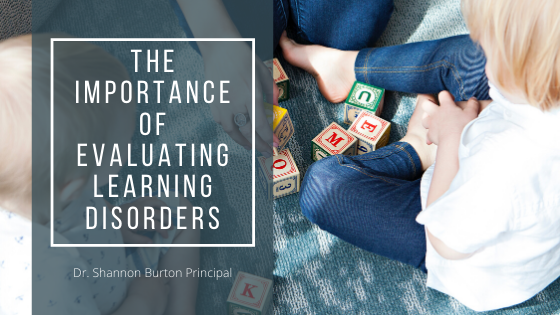Far too often, learning disorders are swept under the rug. Some children may be classified ill-behaved or just not wanting to learn. Sadly, this is usually not the case. Learning disorders affect children differently. Some may struggle with attention deficit disorders while others have dyslexia. The need for evaluation and diagnosis is vital to proper treatment.
Importance of Evaluation
If a learning disorder is suspected, time is of the essence. Living with a learning disability is possible; in fact, many learning disorders are treatable with therapy and medication. The key is identifying the disability and creating a treatment plan.
A lot of children suffer from depression and anxiety, which makes meeting educational milestones difficult. The same children may again be classified as disobedient or labeled as slow. A proper evaluation identifies to the underlying issues and helps even small children excel in school and at home.
Signs of Possible Learning Disorder
There are a lot of red-flag signs that accompany learning disorders. A child’s academic abilities may not correlate with their age. In addition, they may have trouble paying attention, are unable to understand directions and struggle with staying on task.
Requesting Evaluation
Many learning disorders are easily diagnosed as young five years old. The key is knowing what signs to look for and requesting evaluation. Parents, physicians and educational providers are usually the ones who request evaluation.
Evaluation Process
The first step of the evaluation process is gathering information from the family, treating physicians and educational providers. Children may also be observed in school and at home. In addition, there are a set of standardized tests that are given to determine where the child is academically. All testing is age appropriate and focus on the child’s current fund of knowledge.
After proper evaluation, if deemed eligible for special education services, the educational institution is notified. Together, family, teachers and the test administrator determine the best course of action. IEP may be put in place at school, giving children extra time and assistance is completing tasks. They may also qualify for more one-on-one assistance in areas where they need a bit of extra guidance.
Every child deserves a chance to thrive in school and in their private life. If you suspect your child or student may have a learning disorder, it’s important to request a formal evaluation and if diagnosed, proper treatment.

